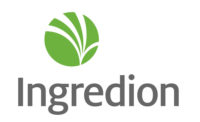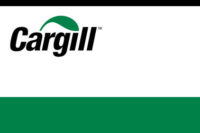Stevia Sweeteners Approved in EU

Concern over rising levels of obesity and diabetes has spurred the development of new sweeteners, and food consultancy Zenith International expects the global market for stevia-derived products to reach $825 million by 2014.
"The text will now be subject to the scrutiny of the European Parliament. At the end of the procedure, steviol glucoside could be authorized in the EU by the end of the year," the European Commission said in a statement.
The Commission proposed a cut in the maximum usage levels for steviol glycosides requested by manufacturers, after a safety evaluation found that they could exceed the "acceptable daily intake" level of 4 milligrams per kg of body weight.
Zero-calorie steviol glycosides, which are between 40 and 300 times sweeter than sucrose, are derived from the Stevia rebaudiana plant -- also known as sweetleaf or sugarleaf -- native to Central and South America.
Unlike sucrose, steviol glycosides do not induce a glycaemic response when consumed, increasing their appeal as a natural sweetener for diabetics and those on carbohydrate-controlled diets.
PepsiCo Inc uses a sweetener derived from stevia in its low-calorie Tropicana juices, while Coca-Cola Co has announced plans to sell beverages containing its own stevia-derived sweetener, called rebiana.
From the July 6, 2011, Prepared Foods' Daily News.
Looking for a reprint of this article?
From high-res PDFs to custom plaques, order your copy today!






